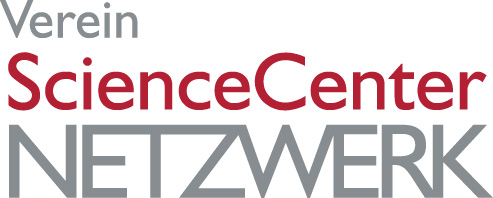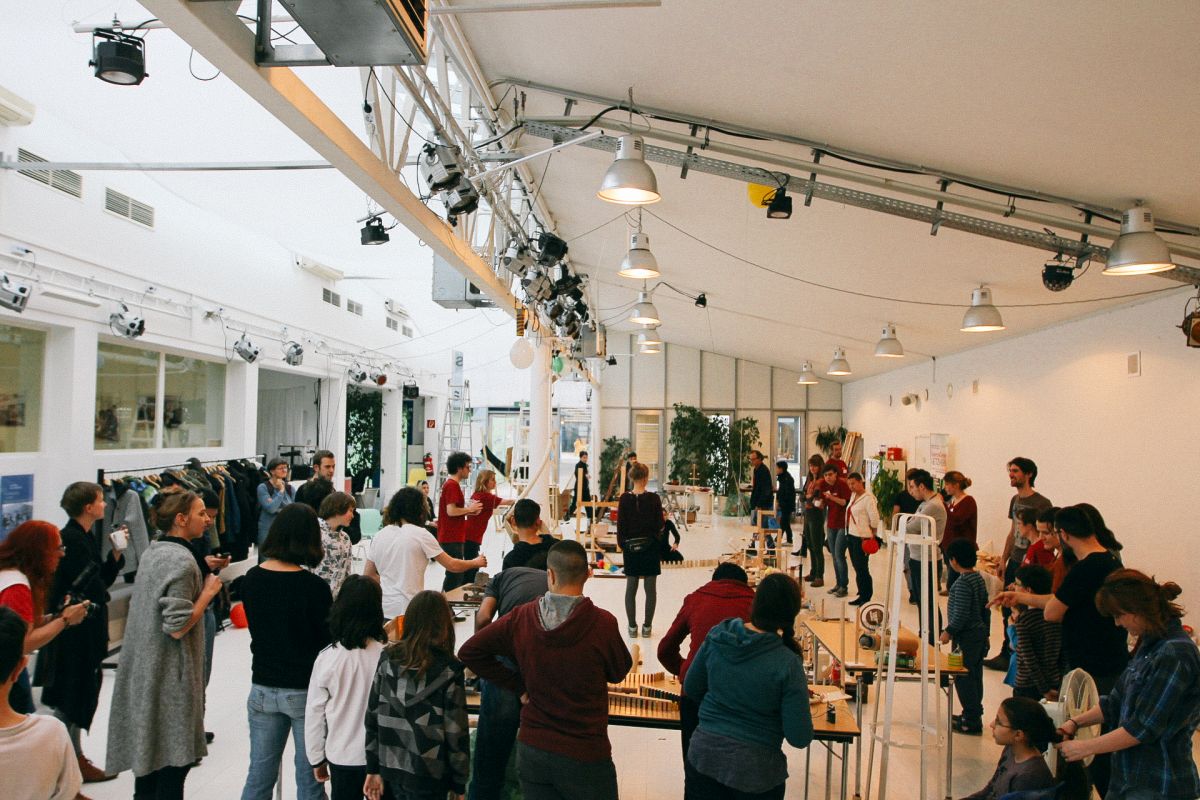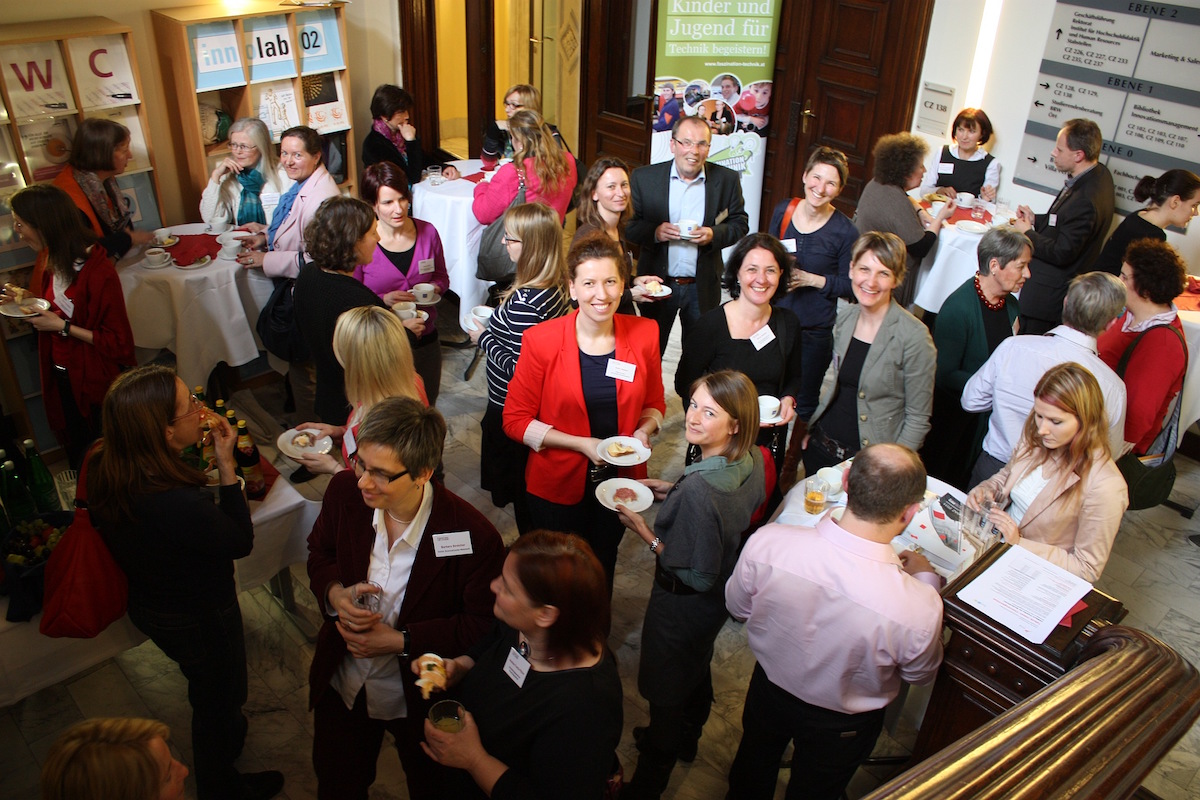About the Network
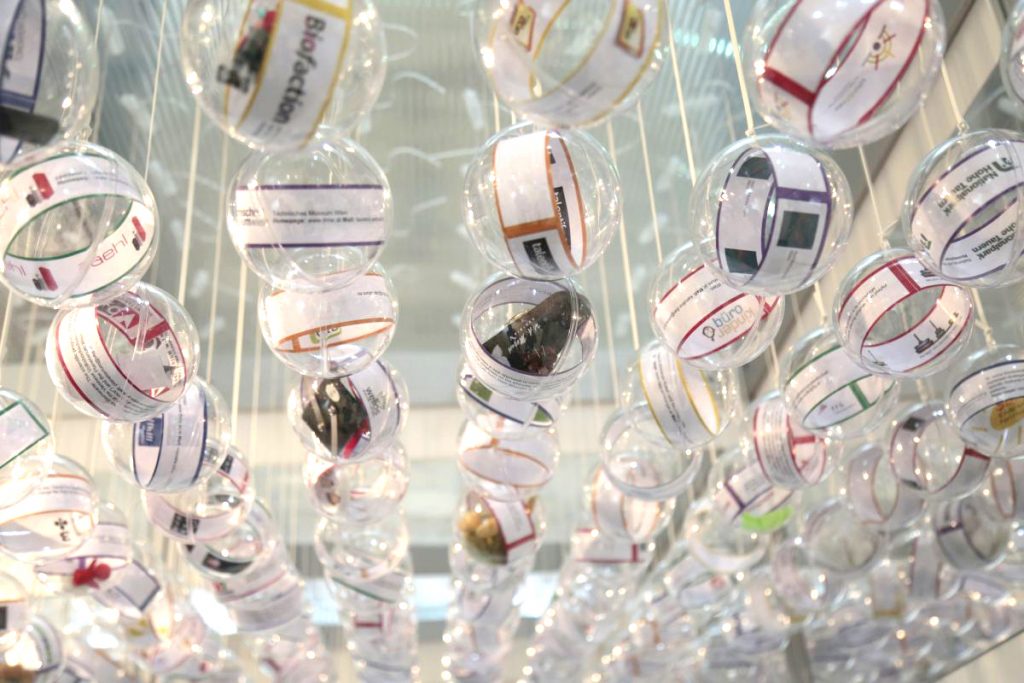
Joint impulses for the educational system
The Austrian ScienceCenter-Network is an association of manifold organizations and individuals, who share an interest in interactive, hands-on learning of science and technology with the objective to make science easy to comprehend, access and experience.
The network is no umbrella organization, there is no membership. Our network is a non-hierarchical, open and constantly evolving form of organization. Partnership in the network consists of active engagement, contribution of expertise and willingness for open exchange. The association of the same name, headquartered in Vienna, coordinates the Austria-wide network consisting of more than 170 partners and serves as a catalyst to ensure continuous development and professionalization within the network.
We want to effectuate positive changes in the Austrian educational and innovation system. The theory of complex systems shows that coordinated social networks are able to develop systemic impact. Ever since our first meeting in January 2006, the ScienceCenter-Network has therefore combined theory and practice through an experimental approach.
There is nothing more practical than a good theory.
(Prof. Josef Fröhlich, network expert)
Cooperation by giving and taking
The ScienceCenter-Network maintains an informal and high-quality professional exchange. Each of the partners contributes individual assets and simultaneously receives suggestions concerning their own orientation and activities.
In the network partners acquire new contacts and receive support through a strong community and critical friends. Furthermore the network offers opportunities for cooperation and joint projects as well as greater visibility and dissemination of own activities.
As Network analyses have shown, partners in the ScienceCenter-Network specifically value the diversity, flexibility and respectful demeanour of the network.
Extensive Impact
Before 2005, there was no explicit science center in Austria. Meanwhile a number of institutions use this term. “Hands-on science education”, “Science Center activities” or “inquiry-based learning” have become self-evident and highly valued approaches in the area of education.
Via the ScienceCenter-Network numerous new projects and activities for the general public were created and implemented. During a survey in 2015, our network partners named a total of 1,300 network cooperation projects they have engaged in and which held a benefit for third parties.
Representatives of the Austrian educational and scientific landscape, respected business enterprises and administrative institutions value the ScienceCenter-Network as a lively and innovative community. Even in international comparison, the ScienceCenter-Network is unique and considered as a flagship organization.
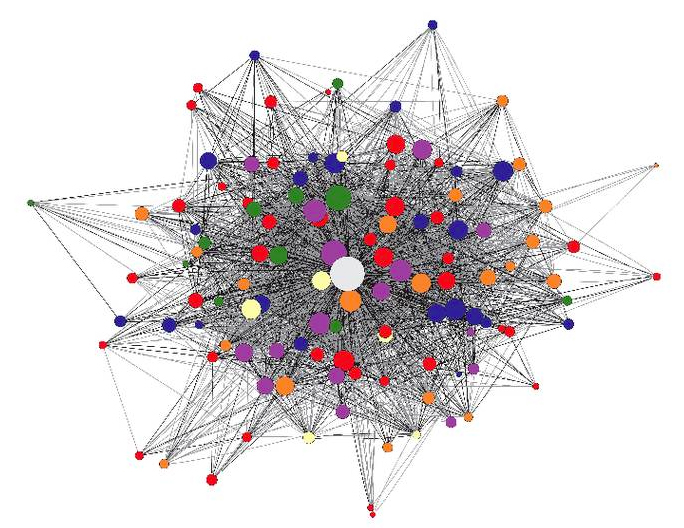
From theory to practice
The ScienceCenter-Network takes account of insights from network theory. Complex systems – such as the educational system – cannot be controlled by individual measures. But by stimulating actors to Chance and allowing this Chance to be implemented in a self-organized manner, great effects can be generated.
The so-called nodes in complex systems are especially stimulated through participating in discussion, systematic reflection, trainings, research or projects. In a diverse network, partners make new experiences that may motivate them to reorient themselves.
The special feature of a network structure is due to
- its ability to quickly transform loose relationships into strong connections,
- the high diversity within the network combined with common orientation,
- its openness for new partners and ideas,
- the coordinating role of the association,
- the fact that all partners nonetheless act autonomously and self-organized.
How to control a network?
Strictly speaking, this is not possible. A network is alive and complex. Nevertheless we, the Association ScienceCenter-Network, take on some strategic network functions that are crucial to the network’s cohesion and development.
First of all, the association acts as a contact-point for partners and externals, provides orientation and performs organizational tasks such as partner administration, invitations to events or public relations.
Furthermore, we arrange learning environments to mobilize partners. These include network meetings, working groups, joint networking projects, research and trainings. Thereby we take on topics that seem to have potential. In network theory this is seen as a deliberate intervention and experimental trigger partners may act on in their self-organized processes and developments.
In addition, we monitor the development of the network, pay attention to trends in the international science center scene, conduct network analyses, develop and test new formats for interventions.
For further information see: The Austrian ScienceCenter-Network as an example for systemic intervention in science learning.
How to investigate a network?
The links between the individual actors in a network are exciting. Social network analysis can illustrate them through network visualizations. Each point corresponds to a partner in the network, the larger and more central, the more connections to other partners exist.
For the regular network analyses of the ScienceCenter-Network, we developed a special hands-on questionnaire, which features a high response rate. Thereby our partners state with whom of the others they cooperate intensely and with whom they maintain only loose connections.
A survey of the 161 network partners in 2014/15 resulted in a total of around 3,000 contacts of which 1,300 were cooperative projects with benefits for third parties (for example joint exhibitions, research, assignments, etc.). The visualization shows a dense structure with an average of 20 connections per partner. Furthermore, it illustrates clearly that partners who participate in network offerings are more centrally positioned, indicating that the network does have an impact.
Interactive introduction to the results of this network analysis (in German):
https://www.science-center-net.at/netzwerk_verbindungen/
